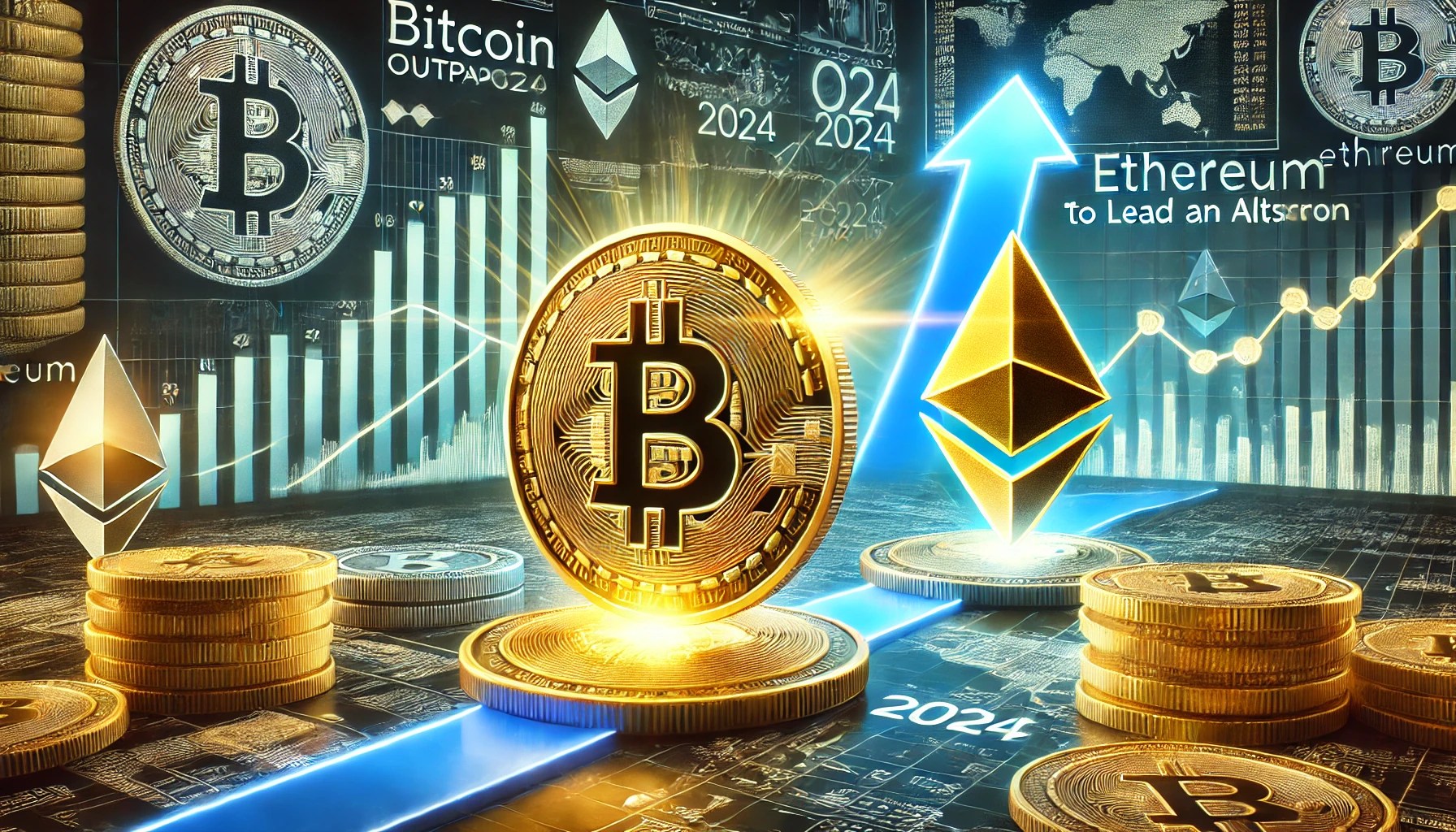AIM Uncovered
Exploring the latest insights and trends in technology and innovation.
ETH: The Digital Gold Rush Everyone's Talking About
Discover why ETH is the hottest digital asset in the crypto gold rush. Dive into trends, tips, and the future of investing in Ethereum!
What Makes Ethereum the Digital Gold of the 21st Century?
Ethereum has earned the reputation of being the Digital Gold of the 21st Century due to its robust blockchain technology and versatile smart contract capabilities. Unlike Bitcoin, which primarily serves as a store of value, Ethereum enables developers to create decentralized applications (dApps) that run on its network. This flexibility allows Ethereum to support various projects ranging from decentralized finance (DeFi) to non-fungible tokens (NFTs), making it more than just a digital currency. Many advocates argue that Ethereum's growing adoption positions it as a critical asset in an increasingly digital economy.
One of the key factors that support Ethereum's status as Digital Gold is its deflationary nature, particularly with the implementation of the Ethereum 2.0 upgrade. This upgrade aims to transition the network from a proof-of-work to a proof-of-stake consensus mechanism, which will reduce the issuance of new Ether (ETH) and help stabilize or increase its value over time. Furthermore, Ethereum's extensive ecosystem fosters innovation and investment, attracting institutional interest akin to that seen with traditional gold. The combination of these elements has paved the way for Ethereum to potentially become a digital asset that mirrors the value preservation characteristics of gold, while simultaneously opening up new avenues for economic interaction.

Understanding the Basics: How to Get Started with Ethereum
Ethereum is a decentralized platform that enables developers to build and deploy smart contracts and decentralized applications (dApps) without the need for intermediaries. To get started with Ethereum, you first need to understand its fundamental features, such as the Ethereum blockchain, which maintains a shared ledger of all transactions. You can begin your journey by exploring the official Ethereum website for in-depth information and resources.
Once you grasp the basics, the next step is to set up your own Ethereum wallet. A wallet allows you to store, send, and receive Ether (ETH), the native cryptocurrency of the Ethereum network. There are several types of wallets to choose from, including hardware wallets like Coinbase Wallet and software wallets such as MetaMask or Trust Wallet. Make sure to follow best practices for securing your wallet and keeping your private keys safe. With your wallet established, you can now start experimenting with Ethereum's features and capabilities by engaging with dApps and participating in the vibrant ecosystem.
Is Ethereum the Future of Finance? Exploring the Potential of Blockchain Technology
As we delve into the question of Is Ethereum the Future of Finance?, it's essential to recognize the transformative potential of blockchain technology. Ethereum, as a decentralized platform, enables developers to build and deploy smart contracts, thereby revolutionizing traditional finance by eliminating intermediaries and enhancing security. This direct peer-to-peer interaction can lead to significant reductions in transaction fees and processing times. By leveraging Ethereum's infrastructure, we can envision a future where financing options are more accessible and efficient, paving the way for innovations such as decentralized finance (DeFi).
Moreover, Ethereum's ability to support decentralized applications (dApps) expands its utility beyond mere currency transactions. Users can engage in lending, borrowing, and trading with minimal restrictions and without relying on traditional banks. The potential for Ethereum to act as a cornerstone for a new financial ecosystem is vast. As adoption grows, the question remains: will Ethereum truly become the standard for finance in the future? Only time will reveal the full extent of its impact on the global financial landscape.